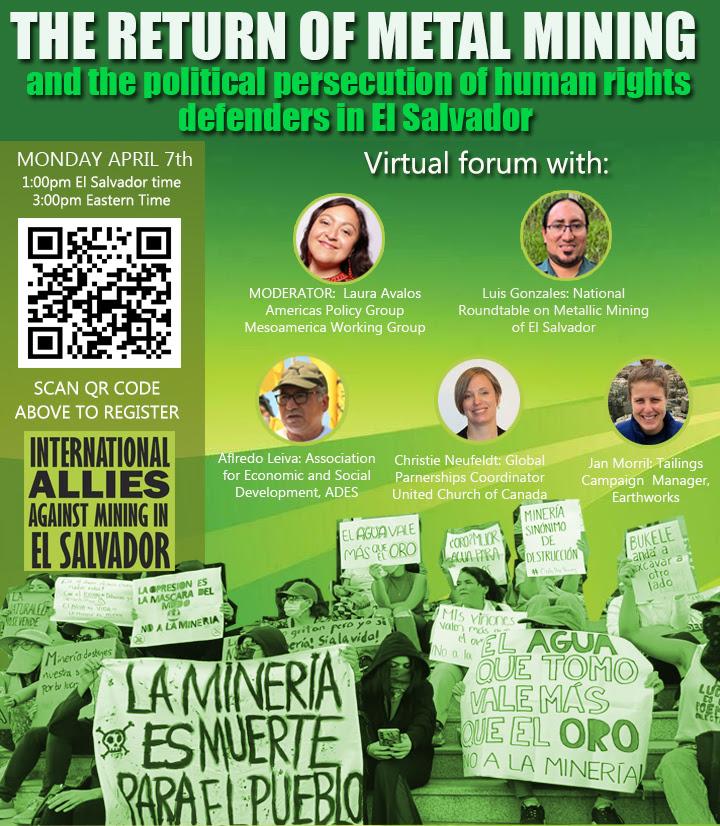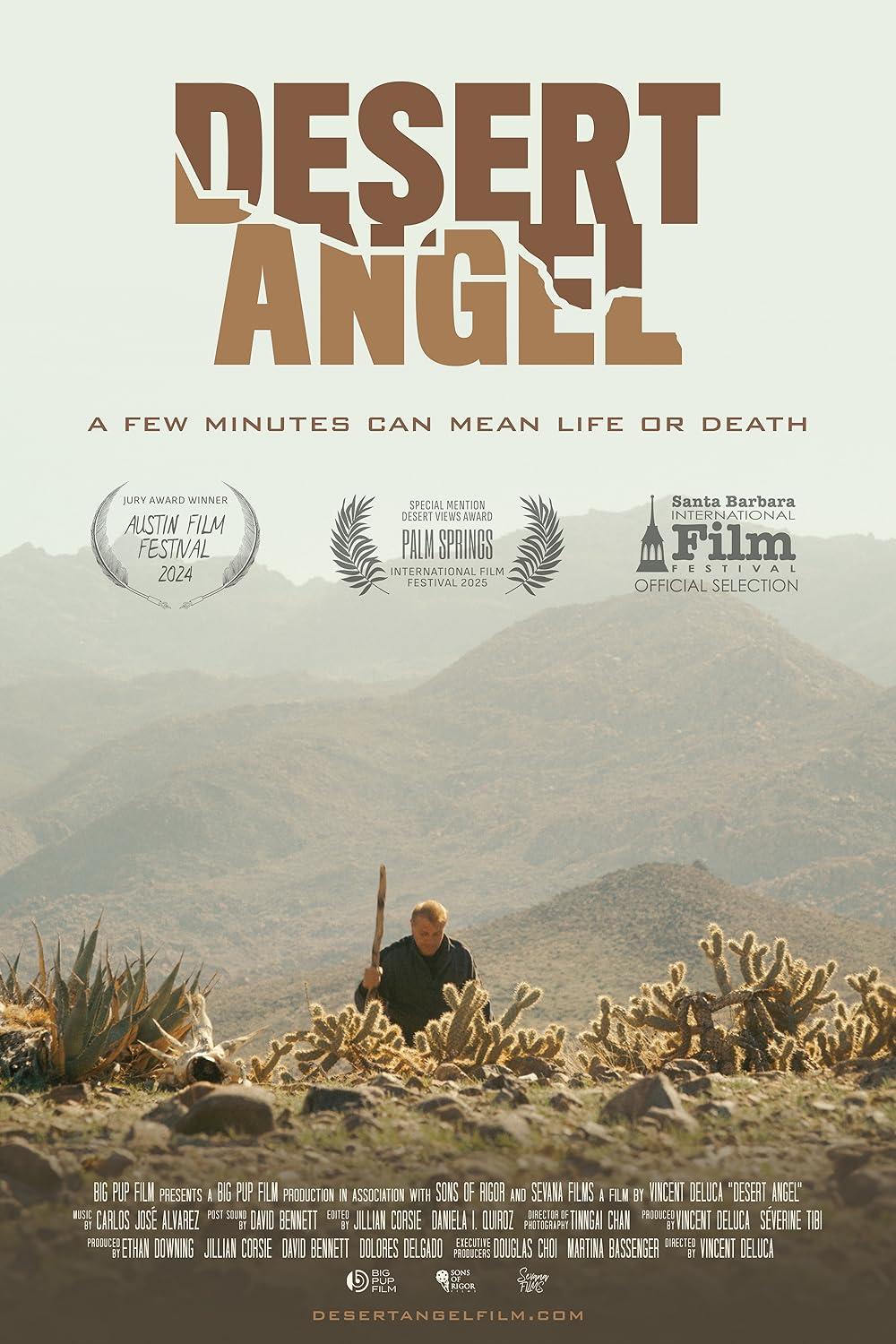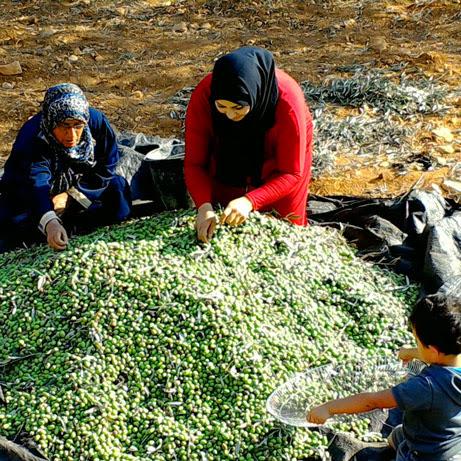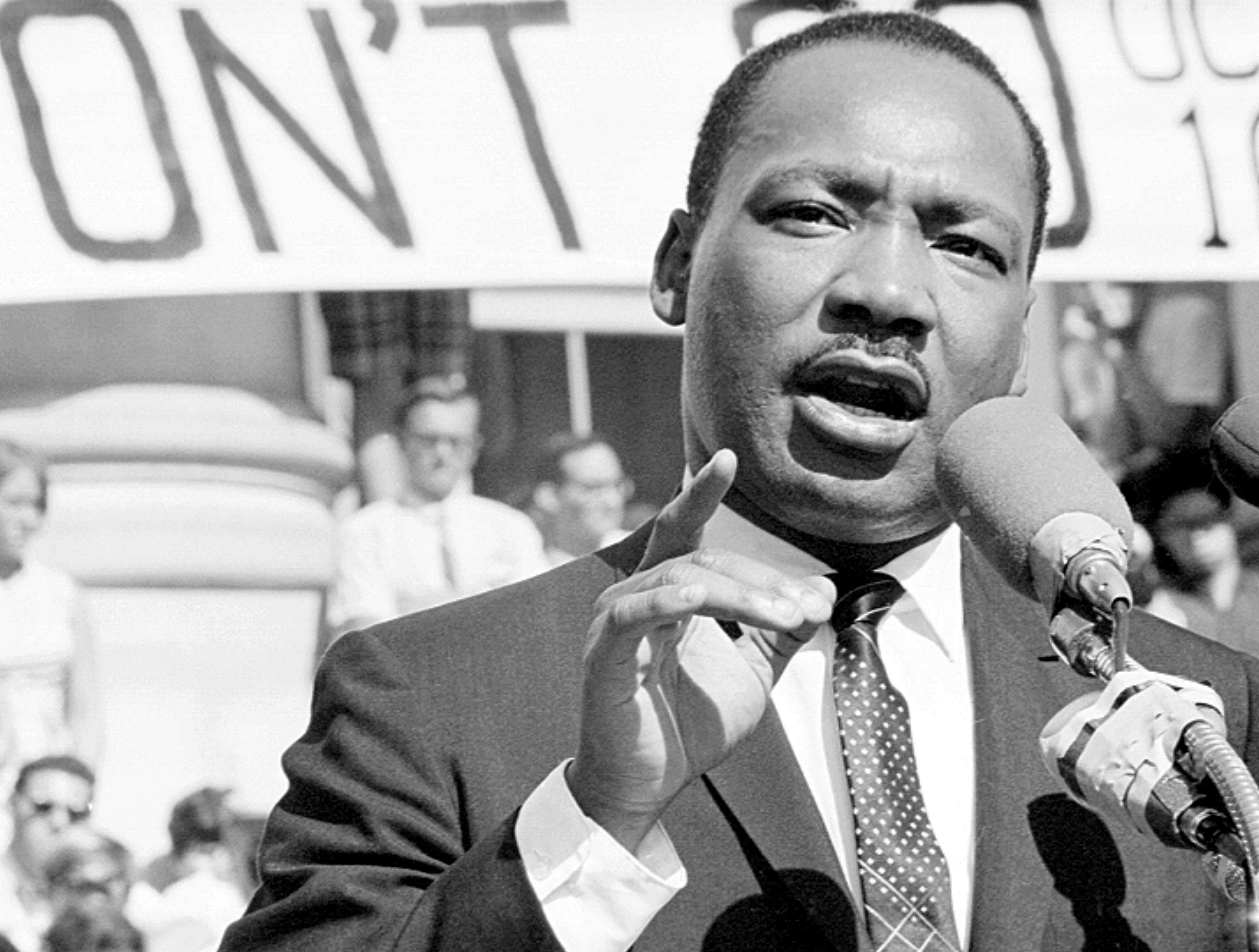Join International Allies for an update on the current situation of the anti’mining struggle in El Salvador and the fight to have the Santa Marta Five water defenders exonerated from all charges.
In December 2024, the Salvadorean legislature overturned the historic metallic mining ban that protected the country´s scarce water supply from the predatory practices of multinational mining corporations. As a response, a national anti-mining movement has emerged once again to remind politicians that the mining industry would exacerbate the multiple environmental challenges the country already faces; such as water scarcity, contamination, deforestation and the impacts of climate change. The continued criminalization of the Santa Marta Five water defenders, who have a court hearing on April 9, and the recent incarceration of human rights activists for providing legal advice to families fighting expropriations could be signs that more detentions are coming.
Register here: https://docs.google.com/forms/d/e/1FAIpQLSdYX5-HCUoPMAlzSpwjm2a2iryR2Lg87PMBCtv334YBnmIkgg/viewform






